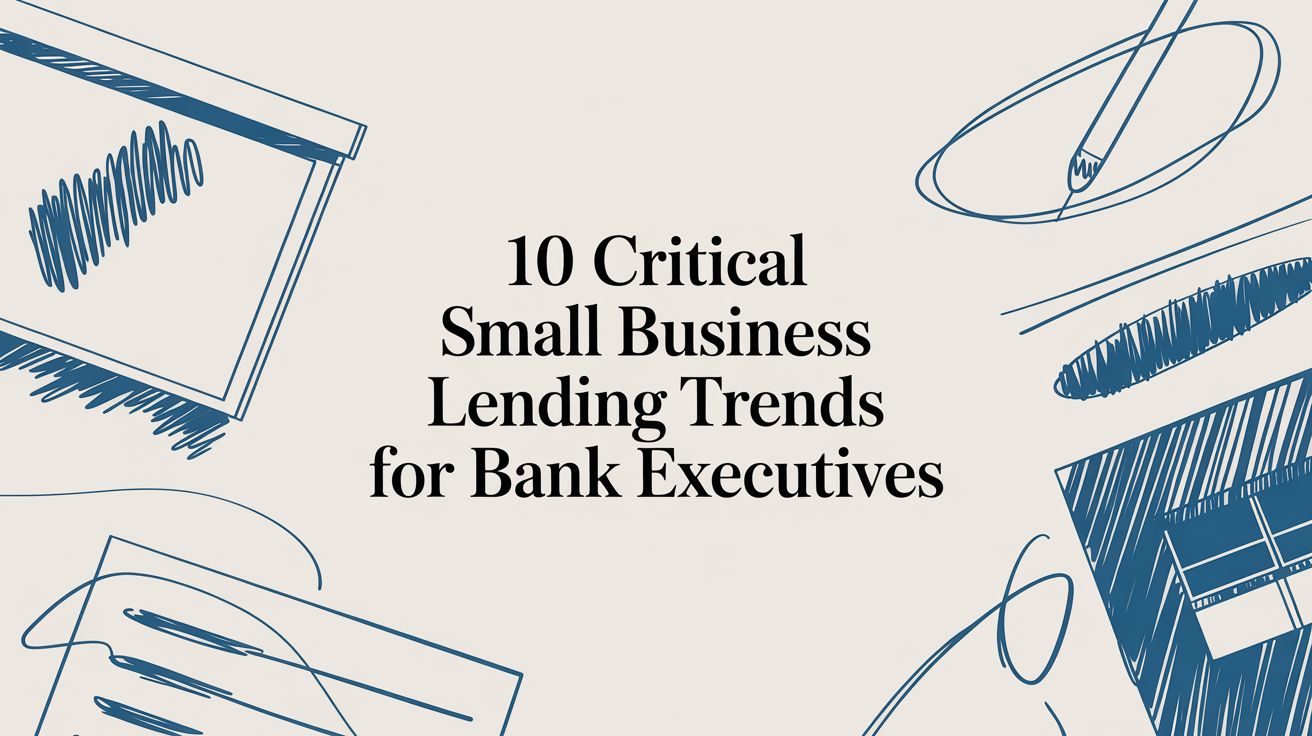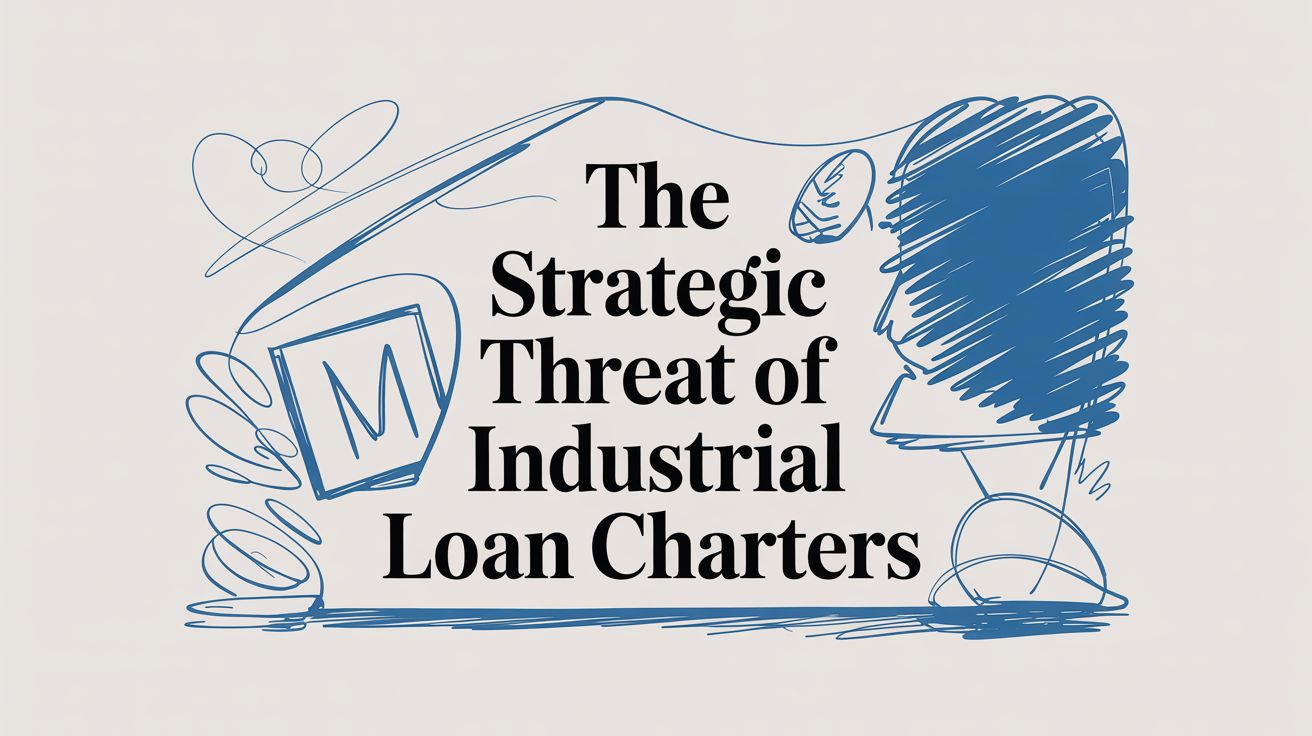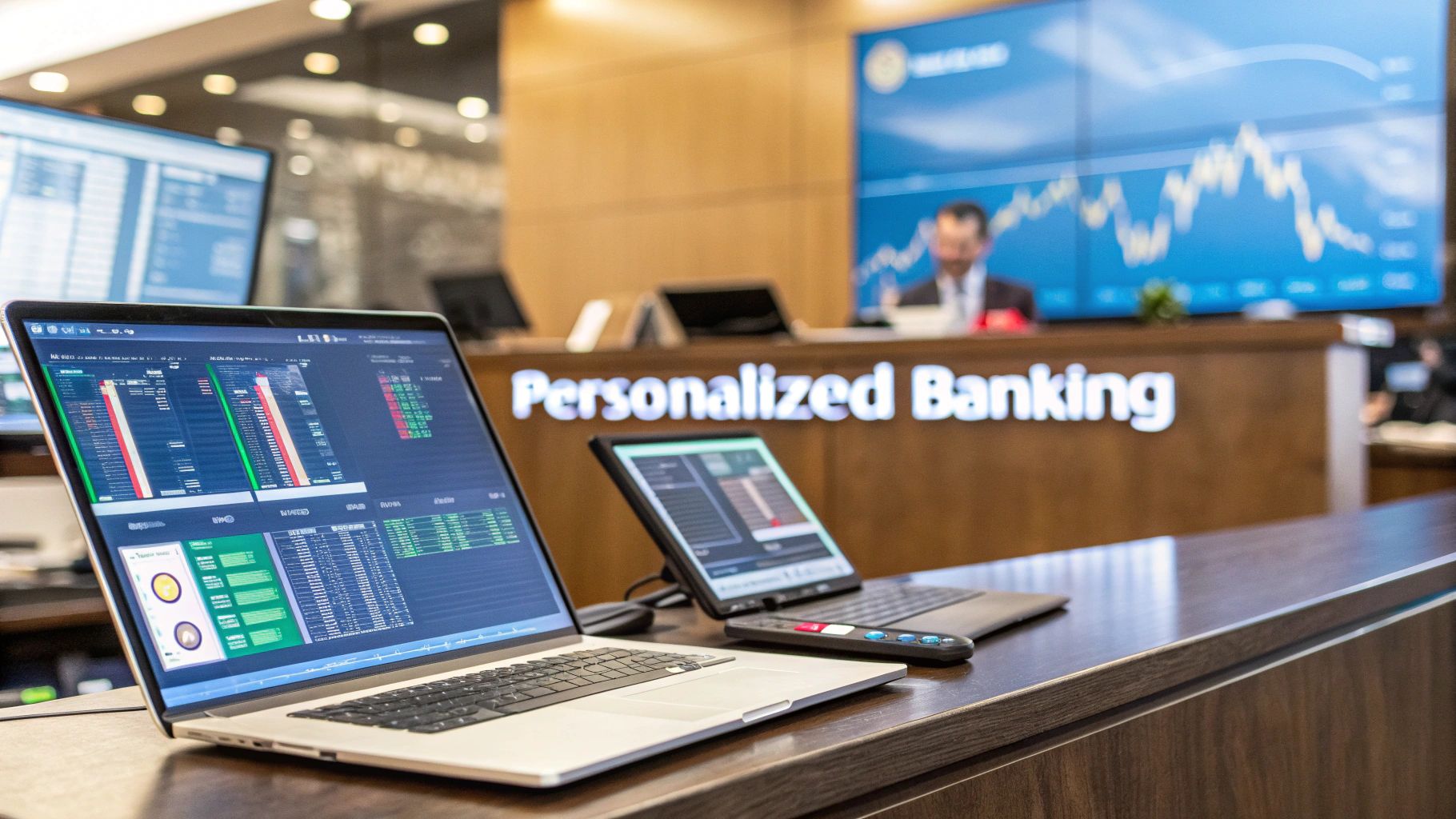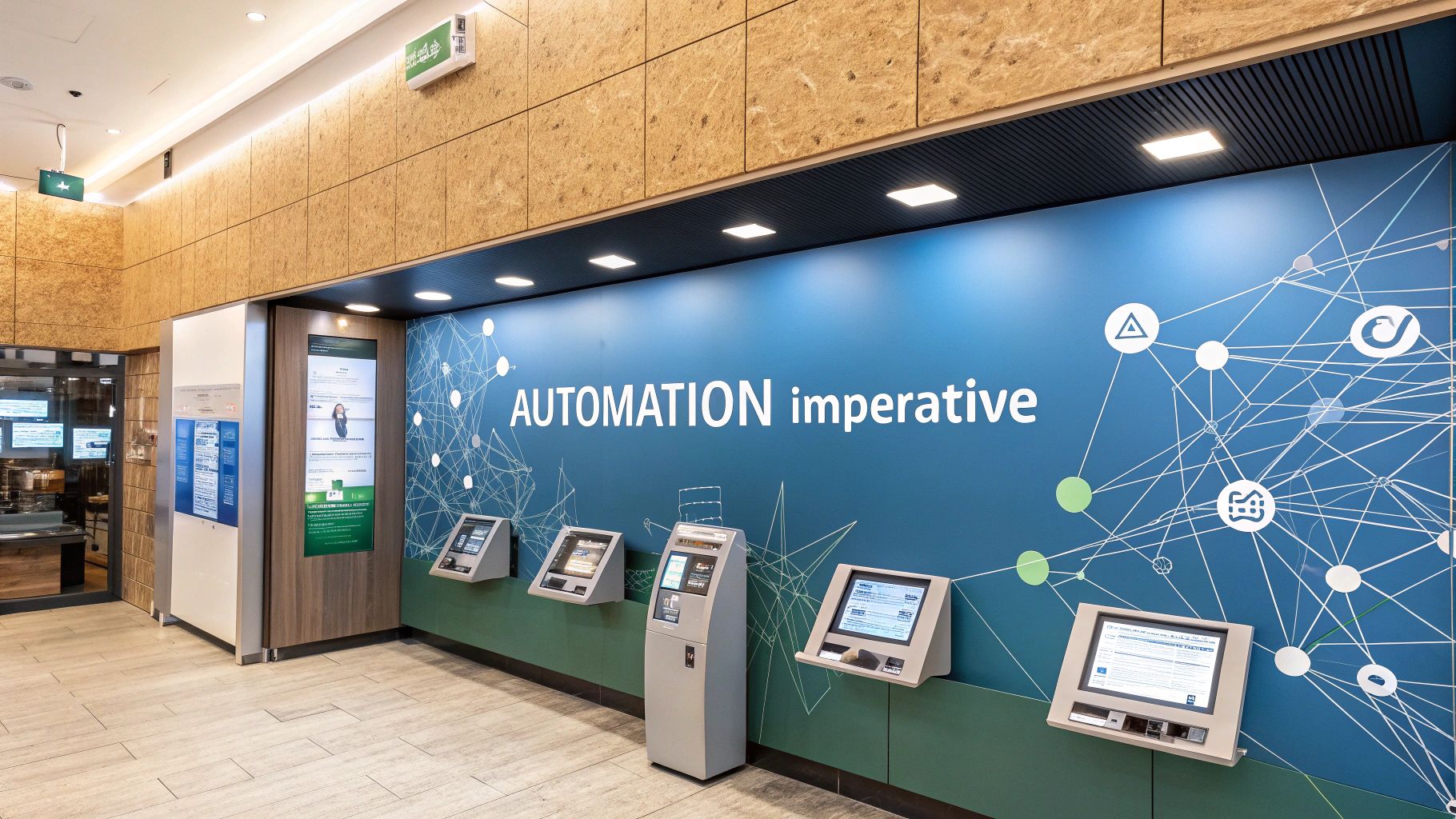
According to the Federal Reserve’s vice chair for Supervision, AI could result in an increase in lending bias. Michael Barr made those claims in remarks delivered at the National Fair Housing Alliance conference on Tuesday. The nation’s top banking regulator cited artificial intelligence’s potential for biased decision-making in lending.
New technologies and the dangers of AI lending bias
In his speech, Barr warned of the dangers AI could pose to eliminating lending discrimination. He noted that machine intelligence could “amplify bias” in lending decisions, due to reliance on poor data:
“Use of machine learning or other artificial intelligence may perpetuate or even amplify bias or inaccuracies inherent in the data used to train the system or make incorrect predictions if that data set is incomplete or nonrepresentative.”
Barr did acknowledge the technology’s potential benefits for consumers but cautioned that AI could lead to violations of fair lending legislation. He suggested that the data points used by machine intelligence could lead to “digital redlining.”
The regulator cited the potential for bad actors to manipulate AI in ways that would adversely impact disadvantaged communities. He said that digital redlining could cause minorities to lose access to credit opportunities. Alternatively, the same technology could be used to push inferior or more costly offerings to those communities.
“While these technologies have enormous potential, they also carry risks of violating fair lending laws and perpetuating the very disparities that they have the potential to address.”
Barr did note that the banking industry is still just starting to come to grips with this new technology. Accordingly, he assured his audience that the nation’s regulators are going to be proactive about supervision. To do that, they plan to evaluate companies to ensure that they maintain the right controls to prevent AI-induced lending bias.
Similar Articles

Brian's Banking Blog
Key Trends in the Banking Industry for Bank Executives

Brian's Banking Blog
A Guide to Commercial Real Estate Lending

Brian's Banking Blog
Bank Prospecting Software: A Guide to Driving Loans & Deposits with Data Intelligence

Brian's Banking Blog
A Data-Driven Approach to Digital Marketing for Banks

Brian's Banking Blog
10 Critical Small business Lending Trends for Bank Executives

Brian's Banking Blog
A Guide to the Modern Commercial Banker Lead Gen Tool

Brian's Banking Blog
The Strategic Threat of Industrial Loan Charters

Brian's Banking Blog
The Executive Guide to Personalized Banking Service

Brian's Banking Blog
What Is a Feature Store and How Does It Power AI in Banking?

Brian's Banking Blog